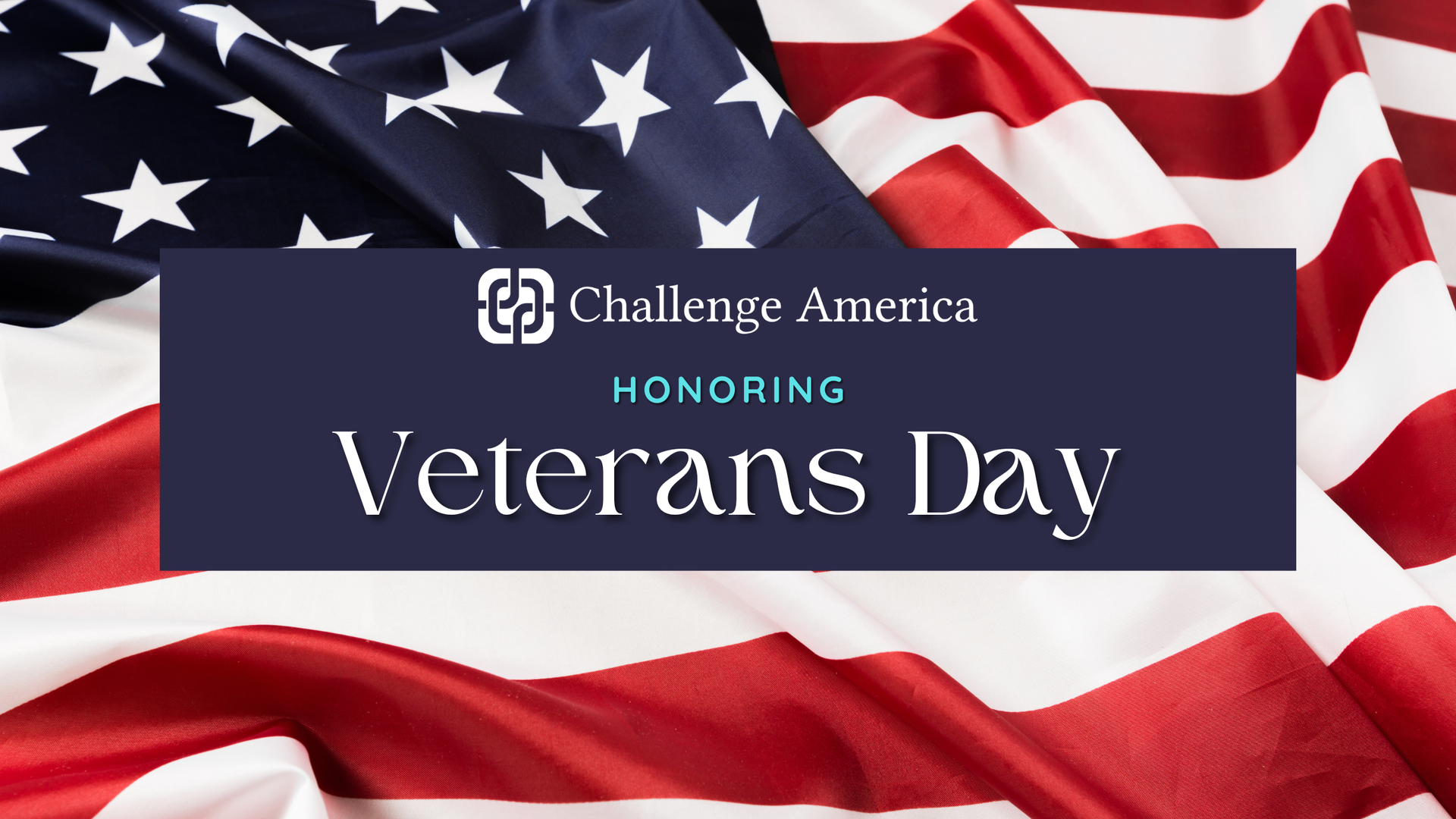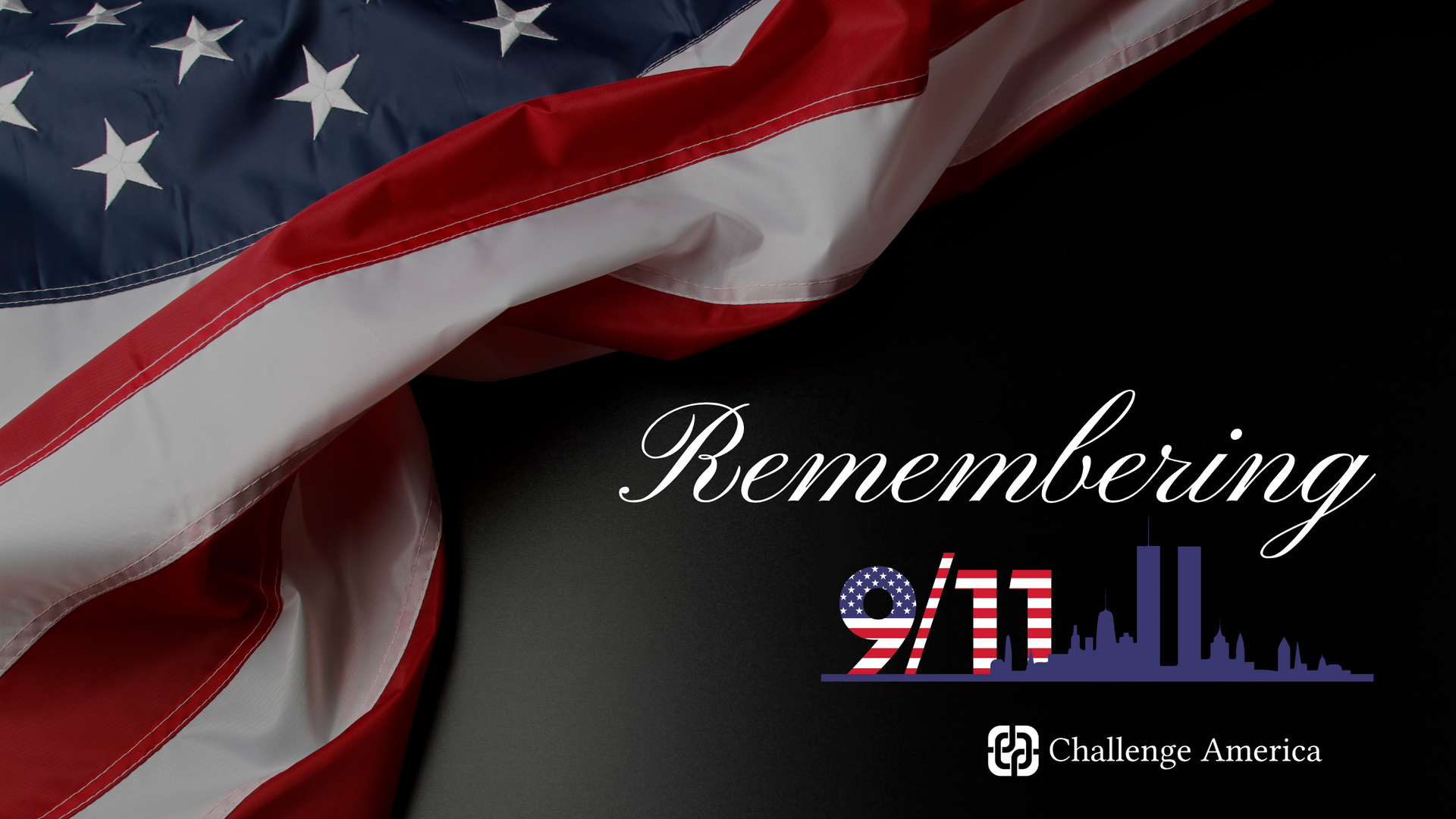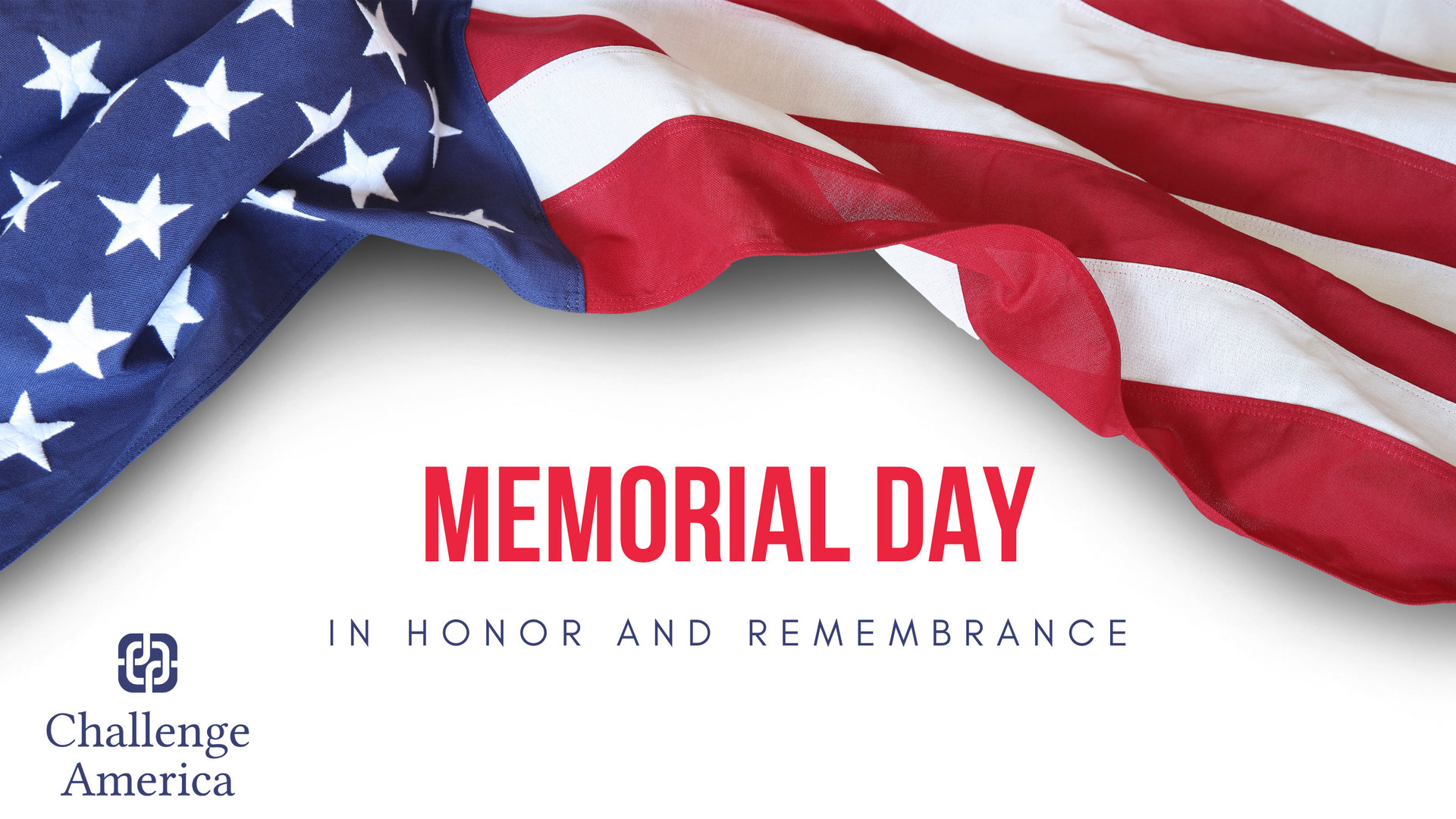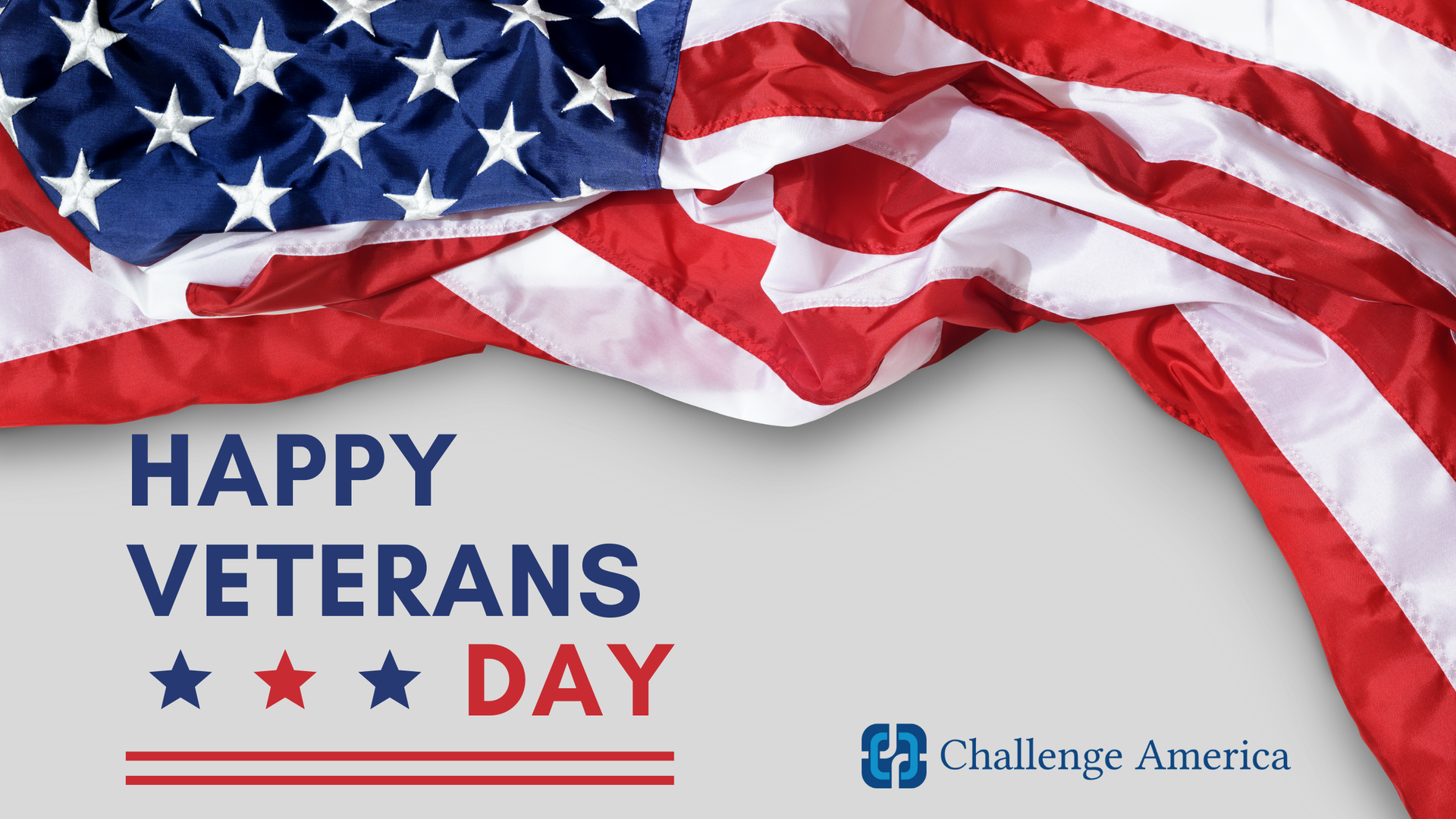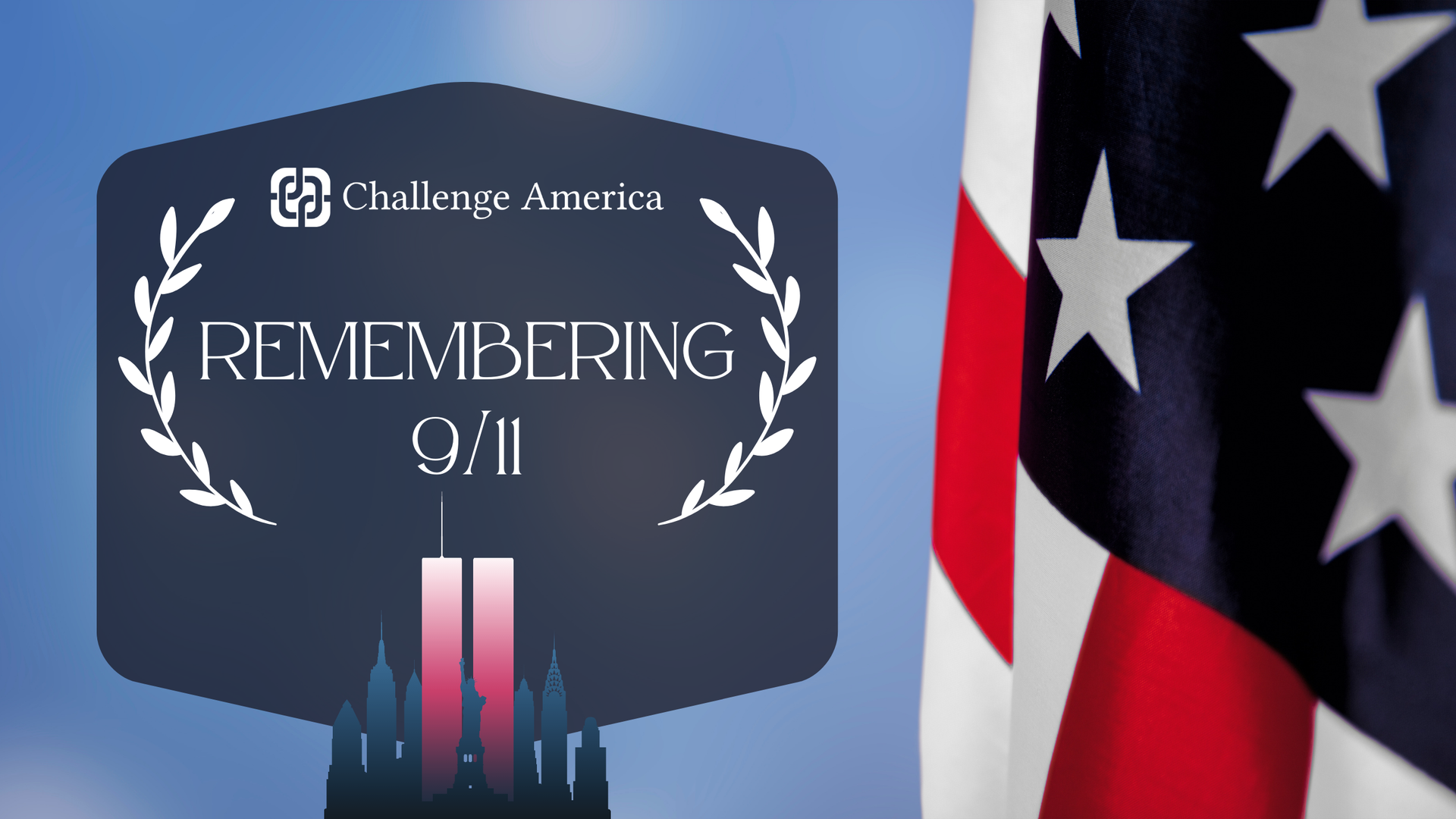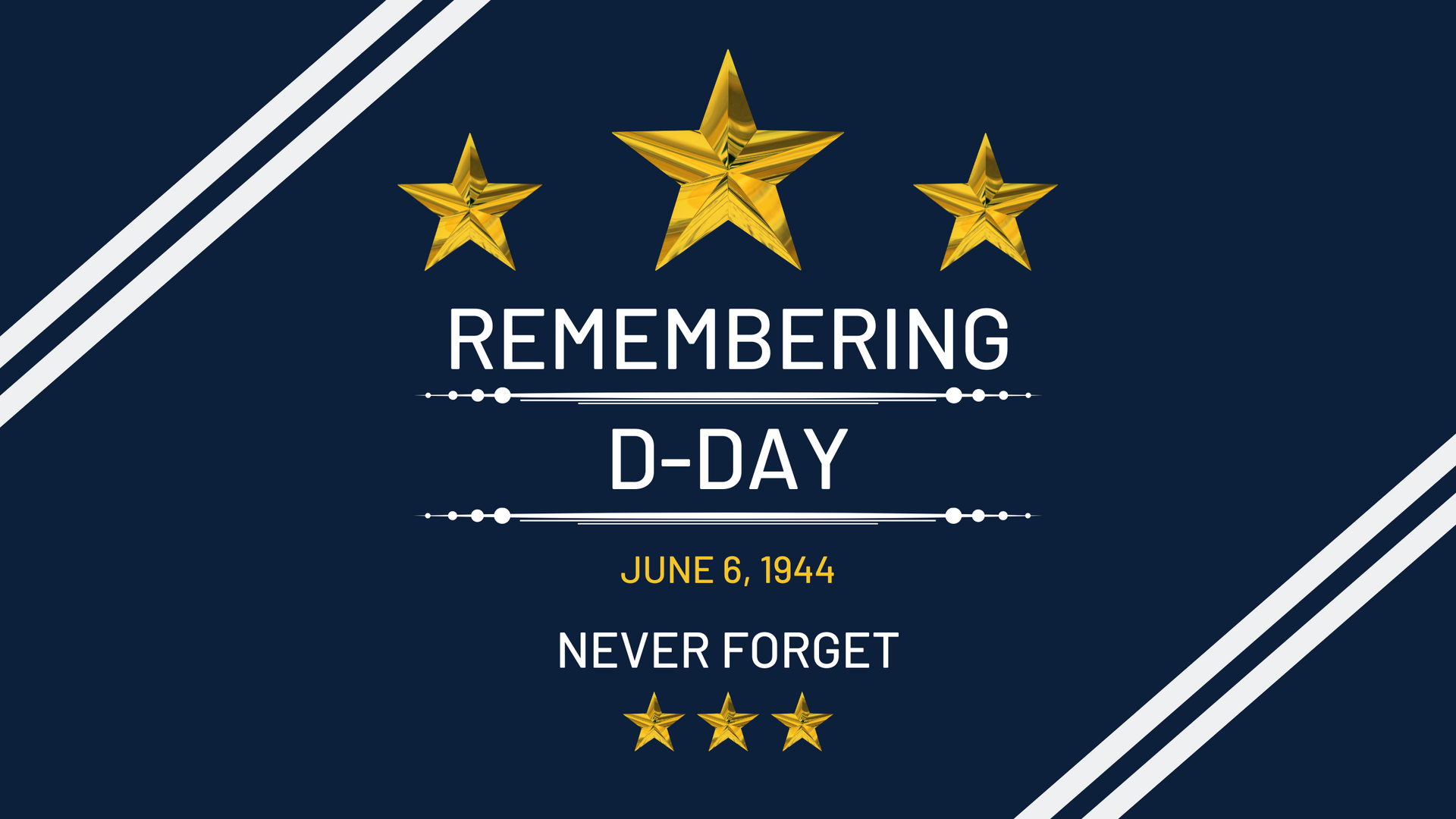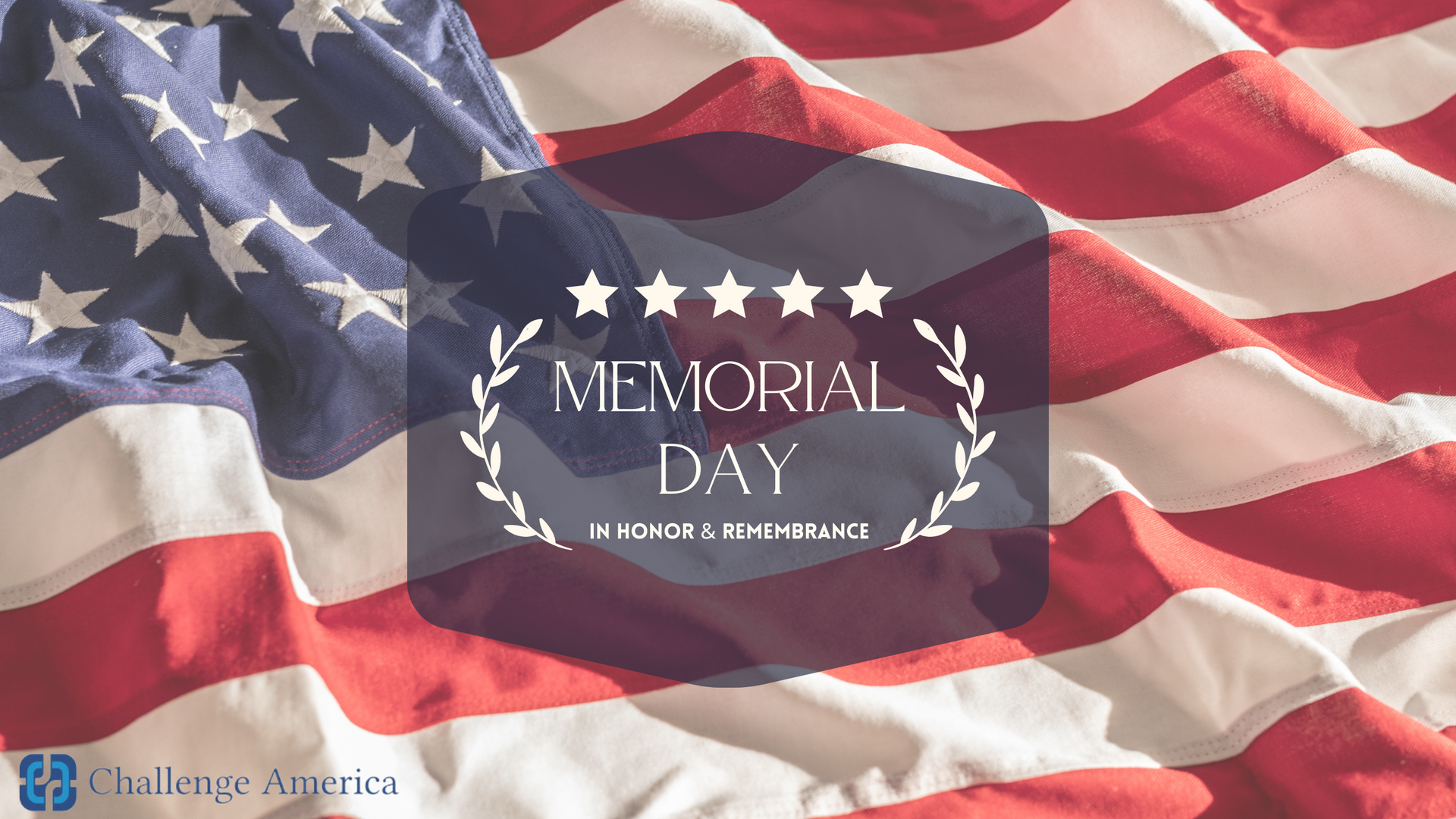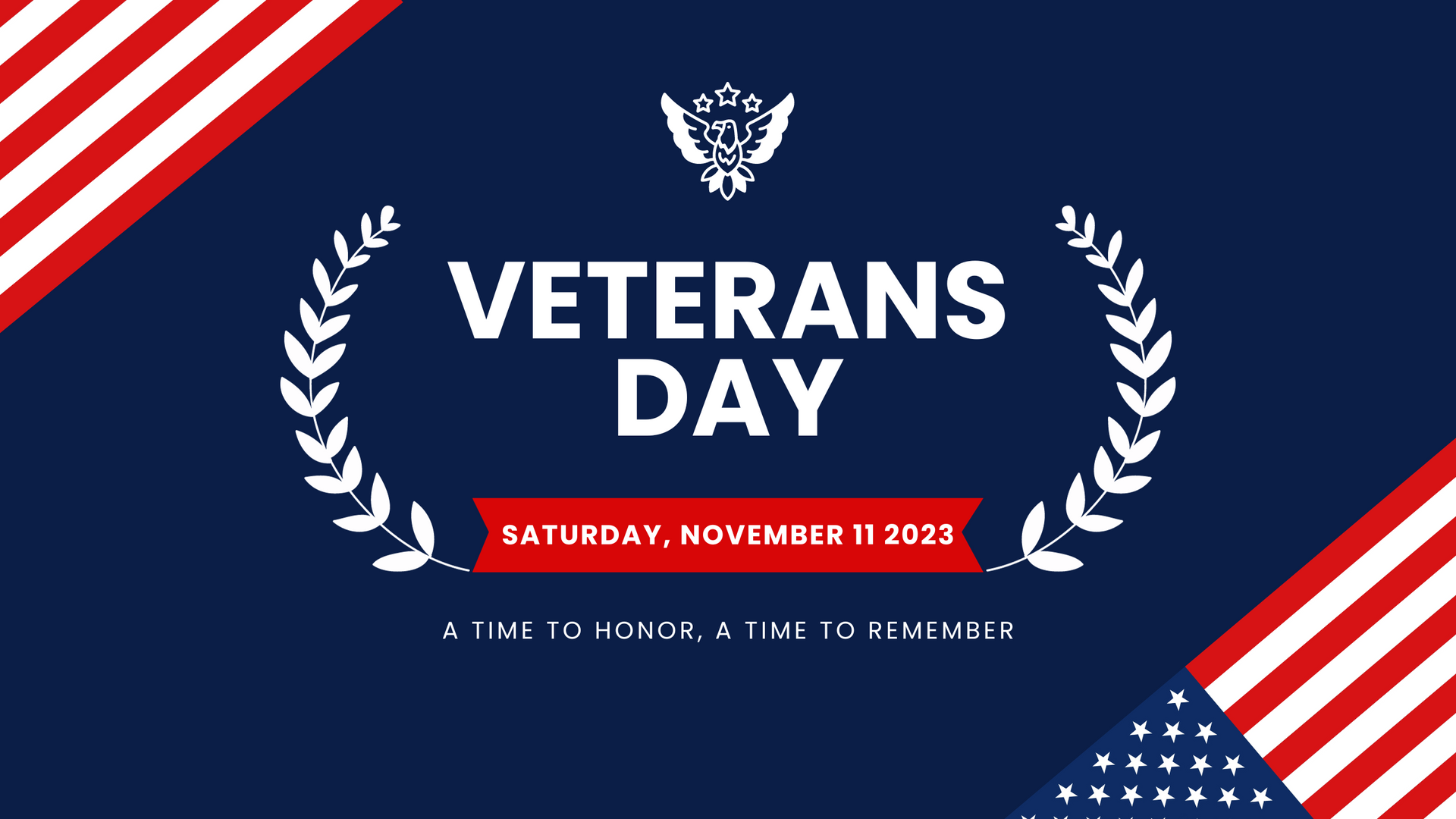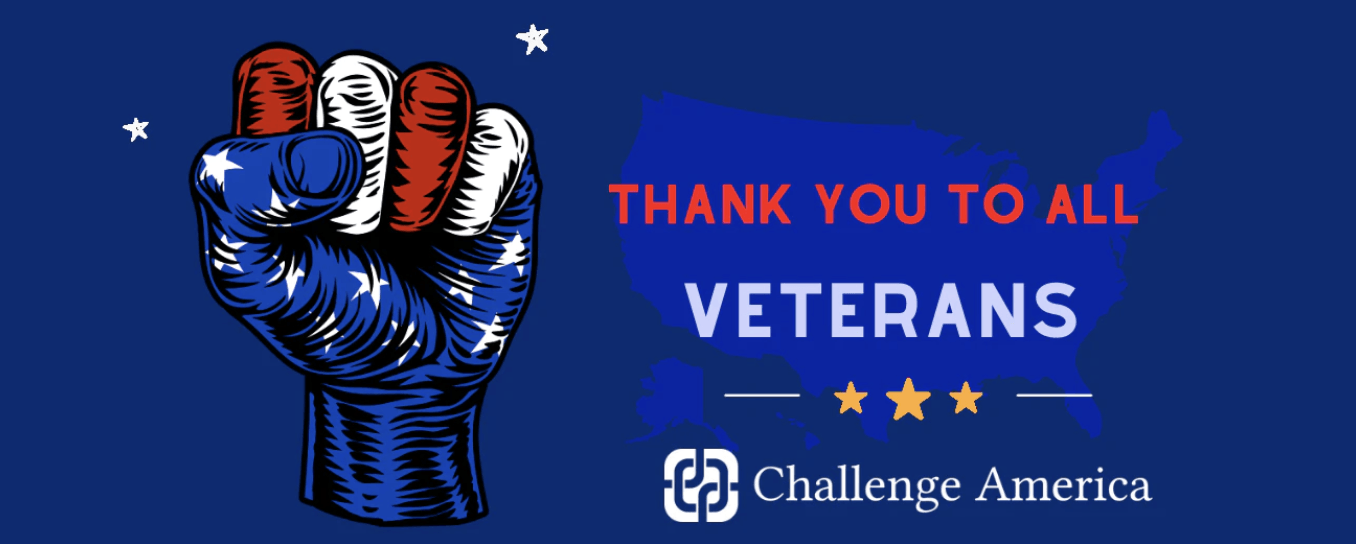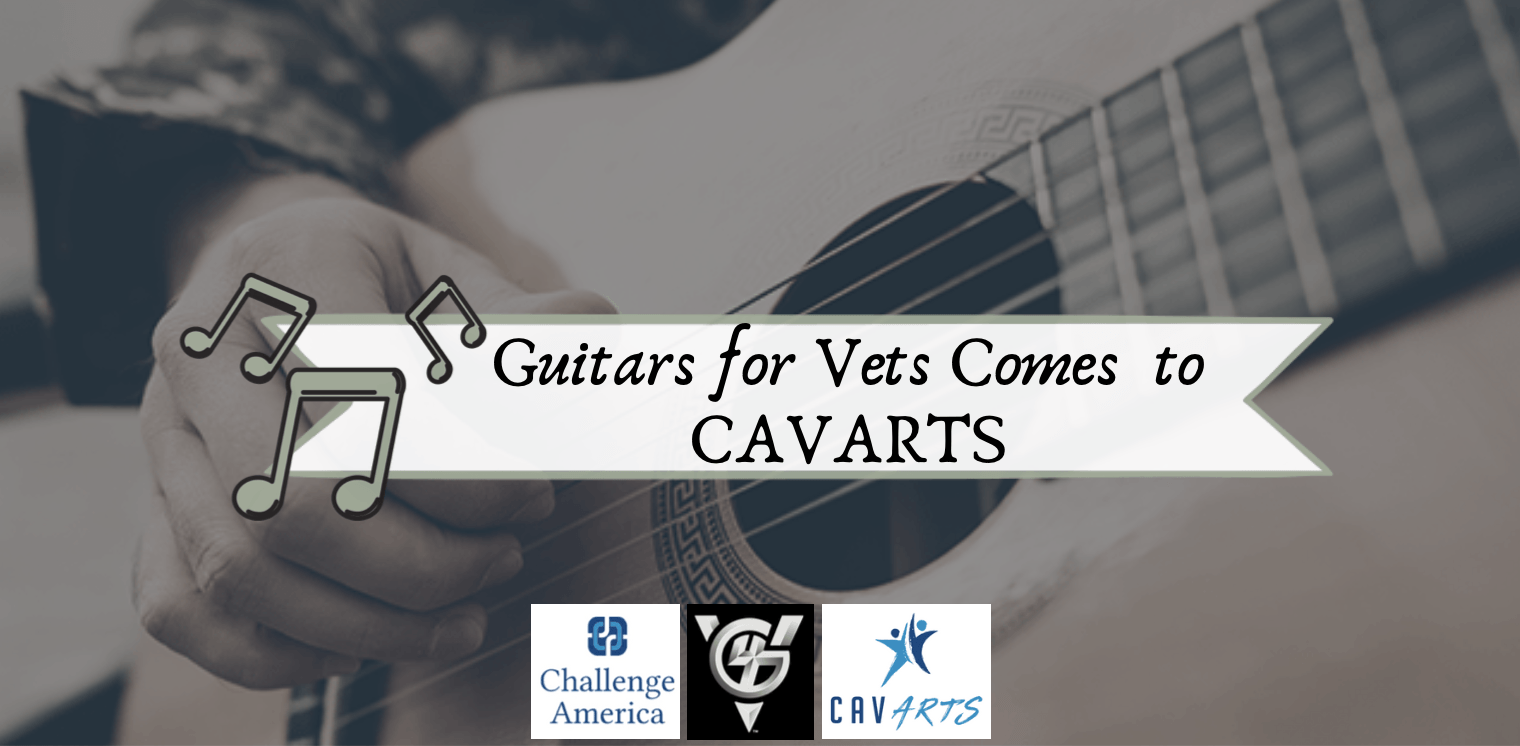Step 1: Learn About Your Local Military Community
It stands to reason that the first step towards helping a veteran is to ask veterans what they need. However, actually doing this is easier said than done. After all, veterans are often difficult to spot in a crowd and many are reluctant to self-identify.
Before you take the initiative to strike up a conversation with your military neighbors, we recommend taking a few minutes to learn about military culture and the broader challenges nearly all military families face. Fortunately, our friends at PsychArmor offer a wide range of free online videos that can help you navigate these waters. While all of their courses are excellent, we particularly recommend "15 Things Veterans Want You To Know", "Veterans 201: Military Families", and "Invisible Wounds of War: Overview".
Once you have some basic knowledge, look for an opportunity to meet with the veterans in your local area. You can usually spot veterans on special holidays, like Veterans Day or the 4th of July. However, if you aren't willing to wait that long, you can scan your local paper for notices of veteran-related meetings. If you attend a local church or participate in a local club, you can also ask the other members to arrange an introduction with veterans in your community.
When you finally have a chance to meet, simply introduce yourself by expressing your interest in honoring their service by giving back to those who sacrificed to defend our country. While many veterans are reluctant to talk about their military service, most are quite open to discussing the challenges of transitioning from military to civilian life. And while many of these problems are universal, you will likely discover that the veterans in your local community also face unique barriers, perhaps related to education or housing or health. In the course of your conversation, you might strike up a new friendship and perhaps uncover a way to apply your unique skills and experience in the service of the veteran community.

